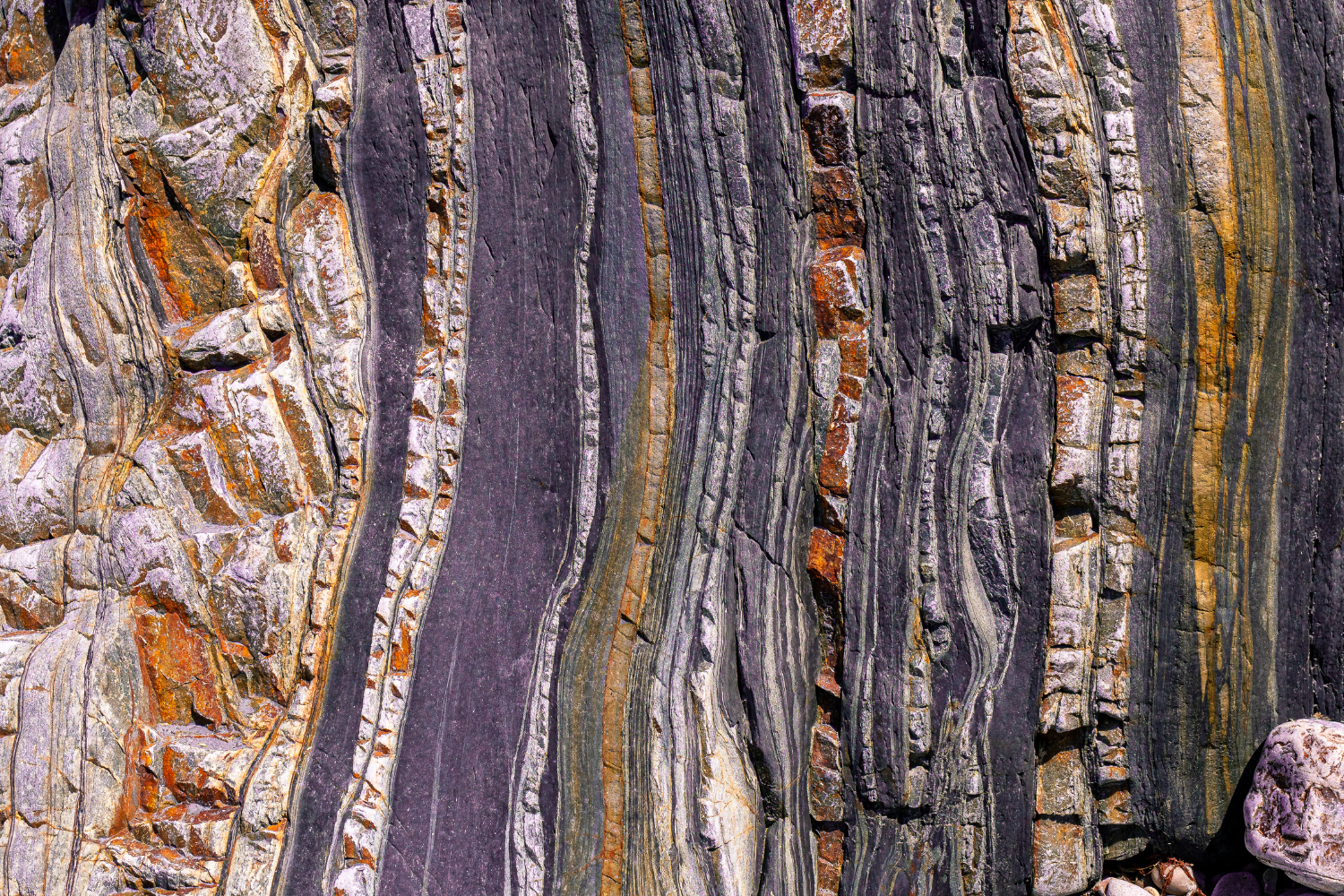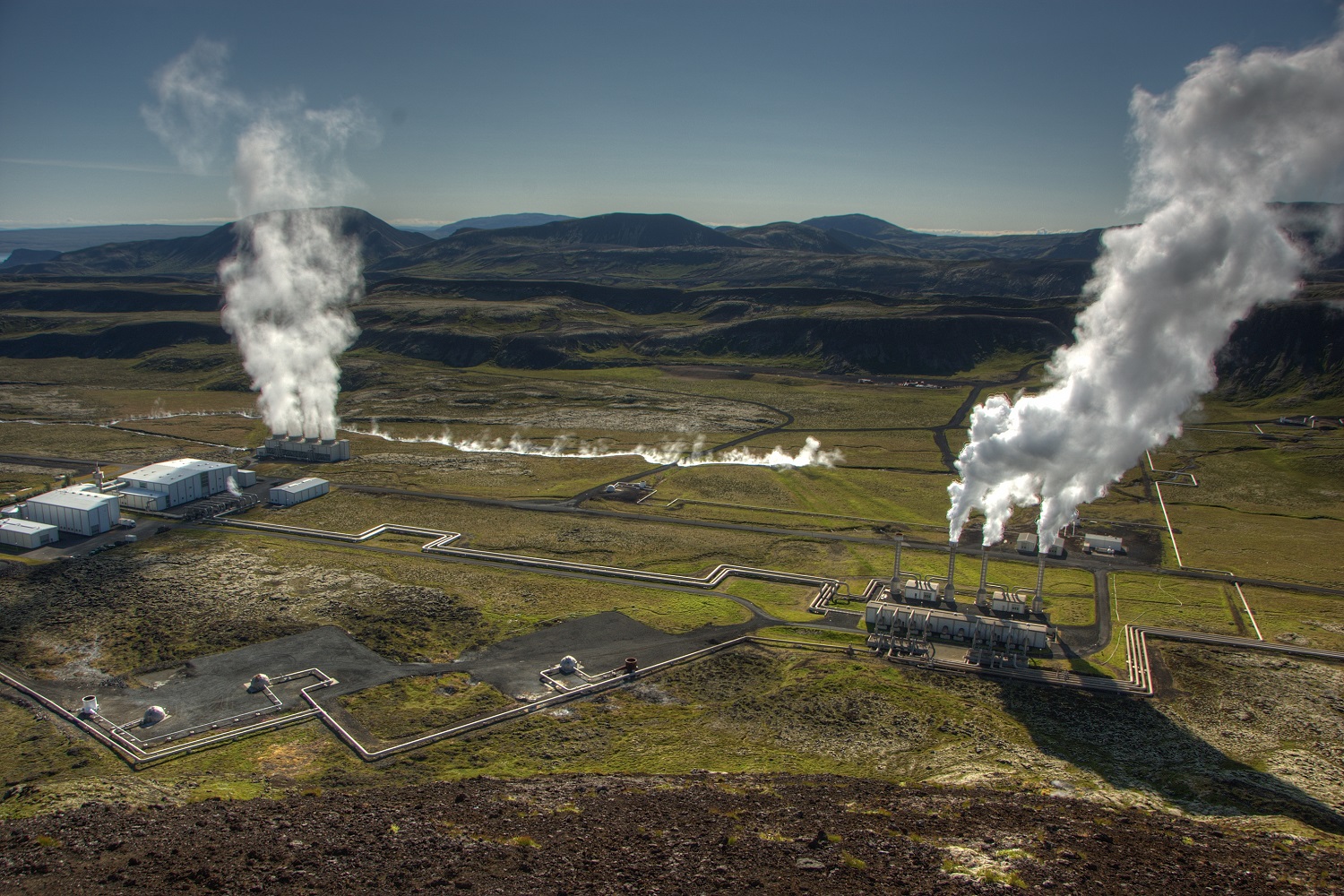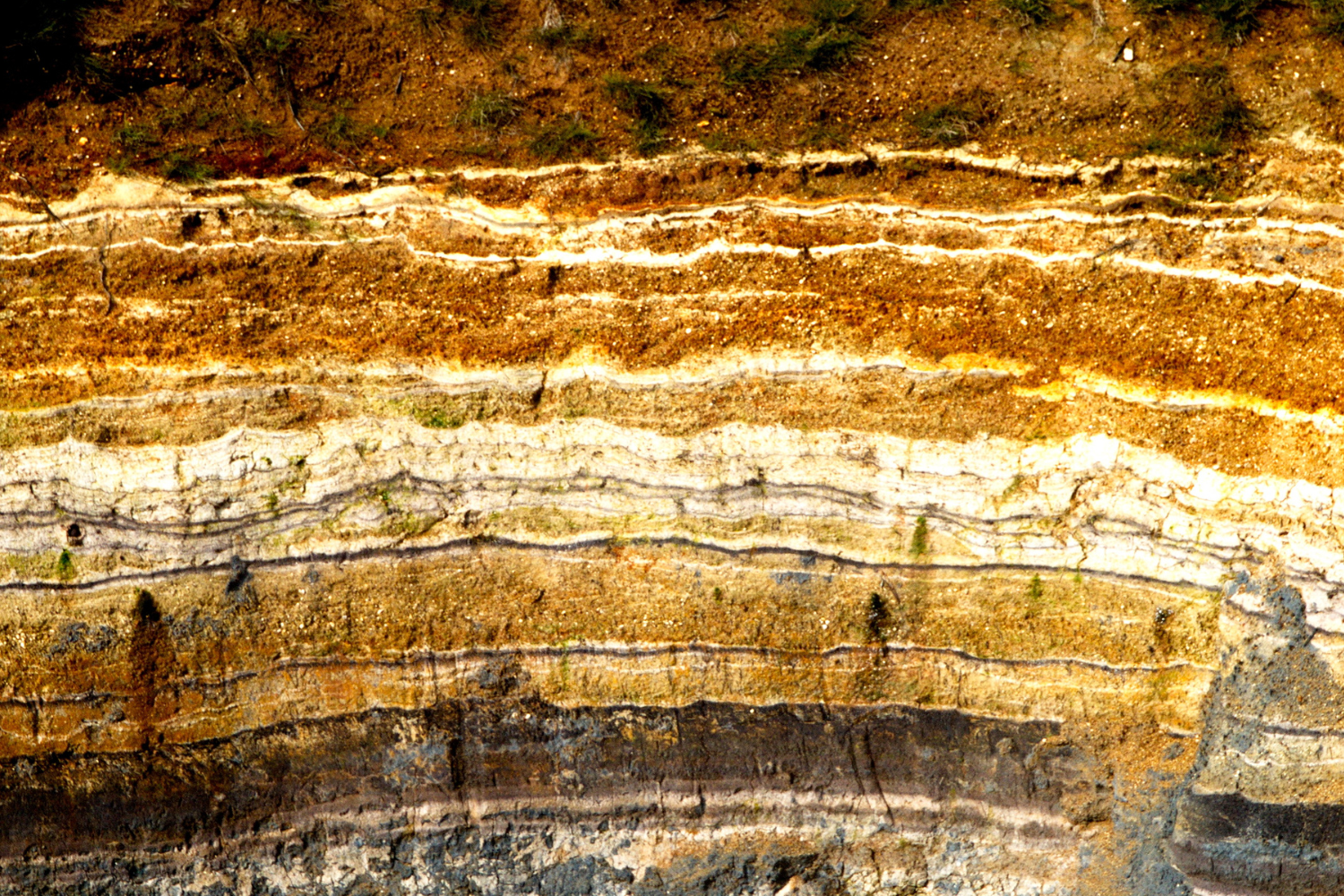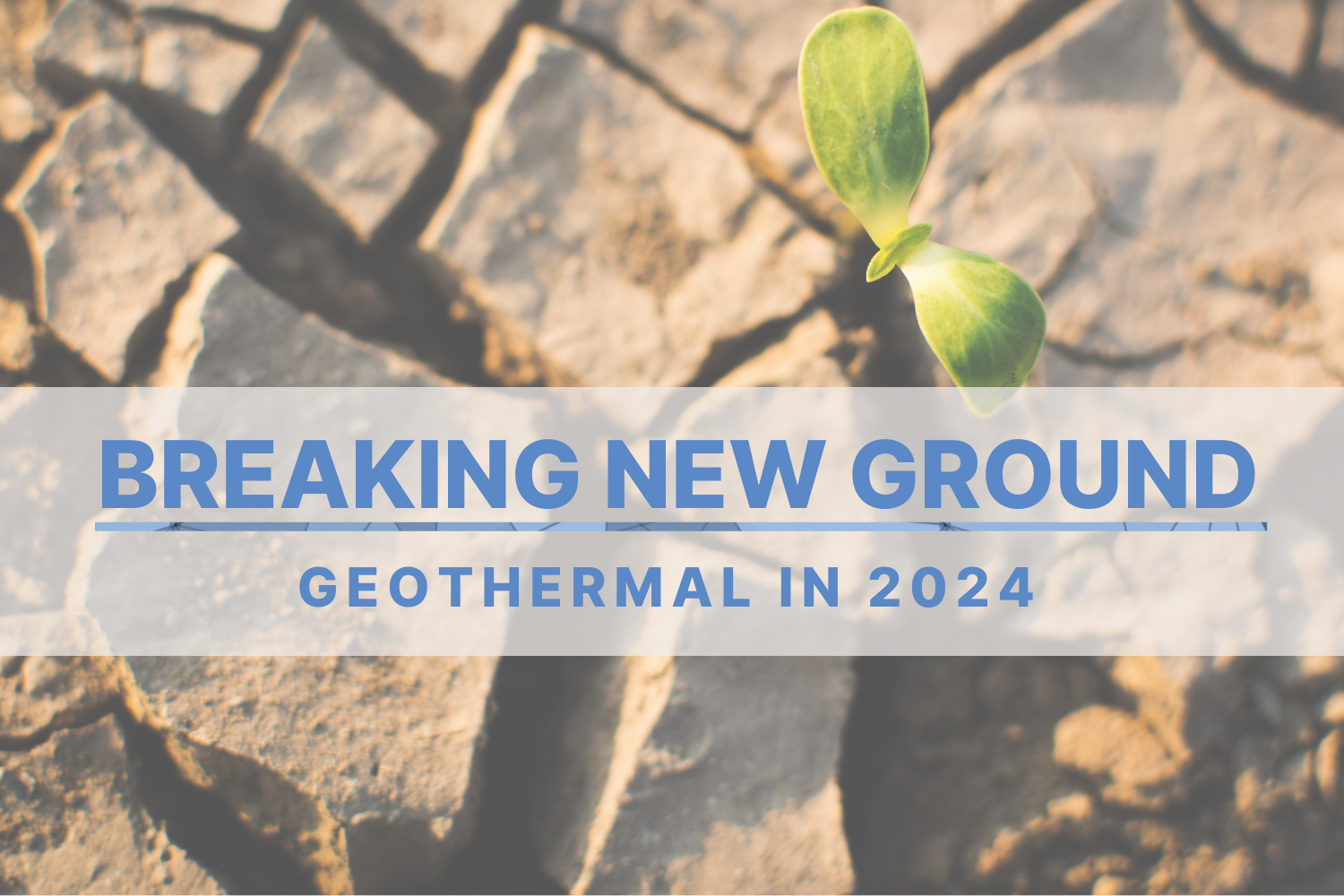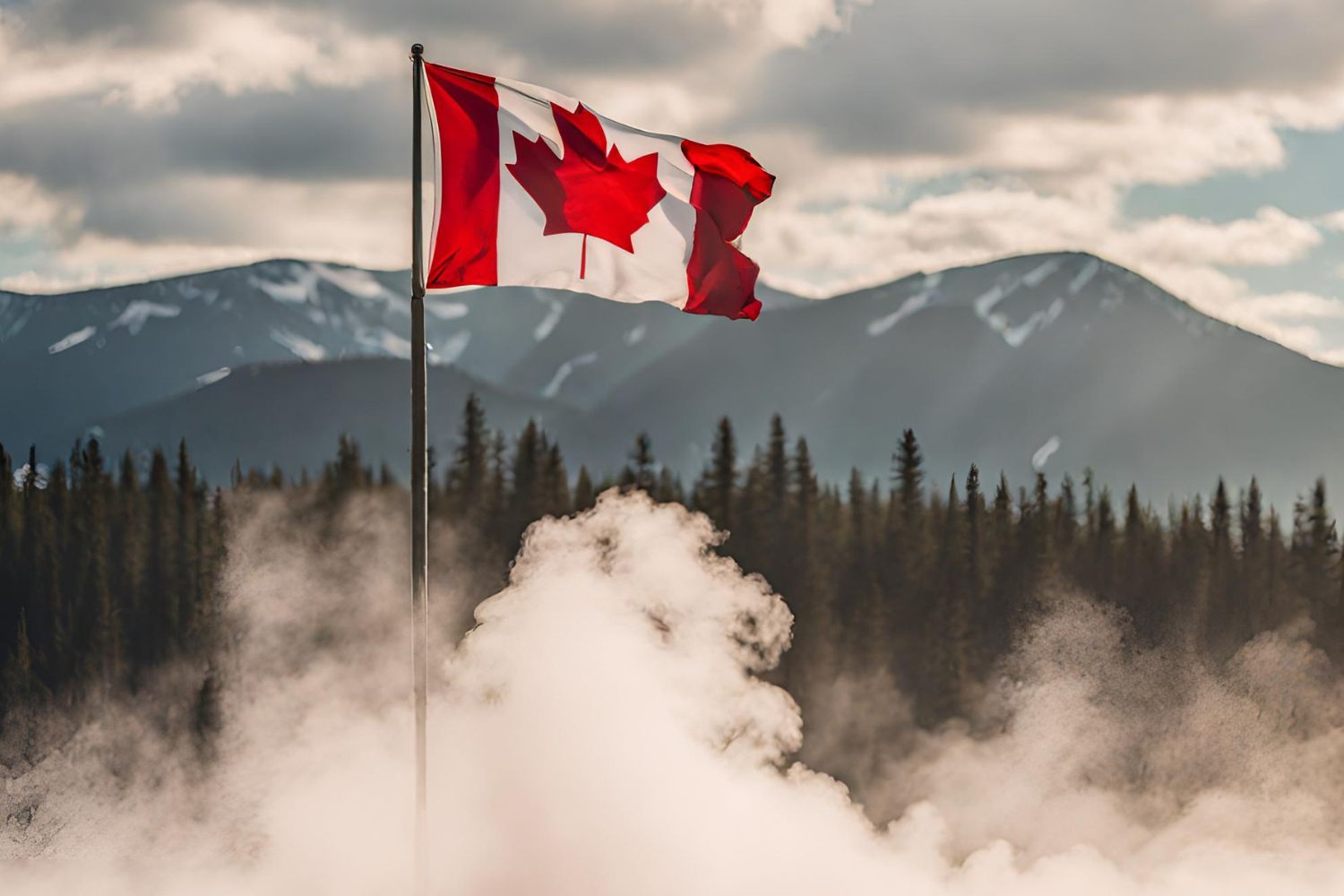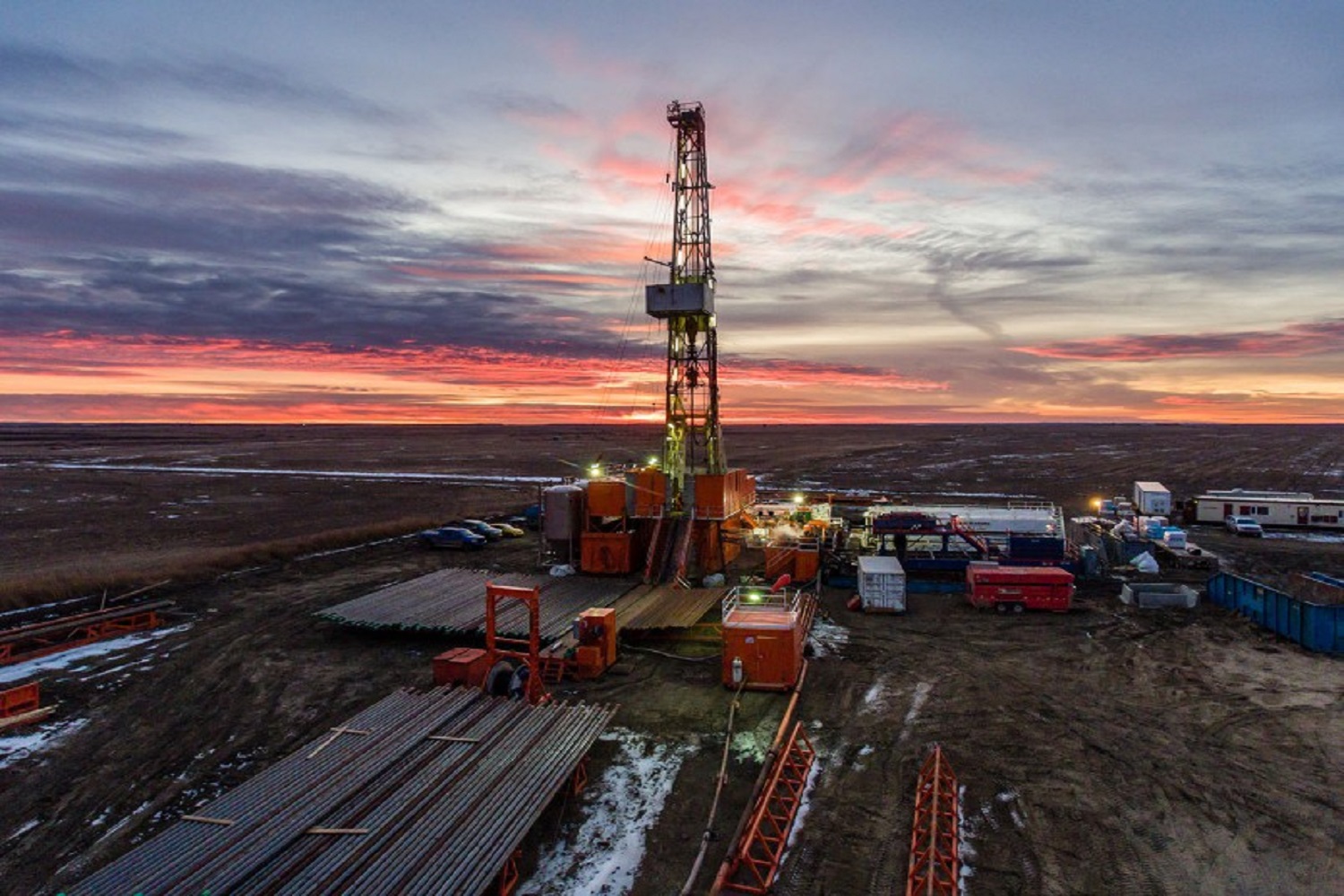Canada is at an inflection point in the Arctic. Canada’s Arctic neighbours are becoming more assertive, while rising temperatures boost the value of the Arctic for transport and resources. Canada must now increase its military and economic activity to defend its sovereignty. But energy is a chronic barrier, as costs in Canada’s Arctic are amongst the world’s highest.
Geothermal power offers a transformative solution. By drilling kilometres deep into the Earth’s crust and circulating water to harvest massive quantities of heat, geothermal energy can be harnessed for heat and power nearly anywhere. It provides secure baseload electricity available 24/7, and plant performance is enhanced in cold climates such as those in Canada’s Arctic. Since most of the infrastructure is located underground, geothermal facilities can be built close to the airports these communities need, unlike wind turbines, and are more resilient to extreme weather.
However, next-generation geothermal technologies suitable for the North require innovation. Canada is uniquely positioned to realize this opportunity. The skills and expertise needed for a geothermal project are much the same as those that propelled Canada’s oil and gas sector to global leadership. By redeploying this expertise to geothermal innovation, Canada can both address its northern energy and sovereignty challenges and enhance its competitive edge to become a clean energy superpower.
The Canadian Armed Forces are well placed to lead the way. Groups such as Defence Research and Development Canada and Defence Construction Canada could spearhead a new era of military-led innovation. Just as the U.S. Army Corps of Engineers built world-renowned capabilities in bridges, dams, and waterways, Canada has the chance to define a new frontier of military engineering. By pairing military logistics and construction capabilities with Canada’s deep subsurface expertise, Project AURORA (Arctic Underground Research Observatory for Resource Advancement) would establish Canada as a world leader in geothermal.
Resolute Bay is the ideal champion for realizing this goal. The community hosts an air base, faces high energy costs, and has a strong geothermal resource (i.e., a good heat gradient). Local conditions present significant challenges, particularly given the area’s hard rock geology. But this is a feature, not a bug. Challenging conditions compel the development of advanced solutions that, once proven in the Arctic’s most difficult conditions, can be exported to other markets around the world.
The local benefits would be large. Project AURORA would eliminate dependence on imported diesel and its waste heat; it could support greenhouses for food security. As costs fall, broad deployment of next-generation geothermal systems would catalyze a northern economic revolution in mining, research, defence infrastructure, and community development—even in tourism. The associated activity would dramatically expand Canada’s presence in the North, helping to simultaneously defend Canadian sovereignty, drive increased productivity, and create spillovers for Canada’s broader geothermal and energy industries (oil and gas, critical minerals, carbon management).
Learn more
Connect with CI-GEO
Ready to explore Canada's geothermal future? Peter Massie, Director of the Cascade Institute's Geothermal Energy Office (CI-GEO), is leading the charge to establish AURORA and unlock Canada's vast geothermal potential.
Contact Peter Massie:
Director, Geothermal Energy Office (CI-GEO)
Cascade Institute, Royal Roads University
E-mail: massie@cascadeinstitute.org
Related Research & Analysis
Groundwork: Regulatory guidelines for making Canada a geothermal powerhouse
Ultradeep Geothermal program
Emily Smejkal, Princess Sharlynne Cosalan, Stephanie Rose Cortinovis
A report identifying best practices to help Canadian provinces establish effective geothermal regulations and make Canada a global clean energy leader.AOSTRA: A model for funding geothermal innovation
Ultradeep Geothermal program
Emily Smejkal, Peter Massie, Leighton Gall
A case study of the Alberta Oil Sands Technology and Research Authority (AOSTRA) as a model for kickstarting geothermal innovation.Prospecting for Superhot Rock Energy
Rebecca Pearce et al.
A technology gap analysis for siting and characterizing superhot rock energy resources.Ultradeep Geothermal Research and Action Roadmap
Leighton Gall, Dave Lovekin, Rebecca Pearce, Emily Smejkal
A roadmap outlining a plan to advance ultradeep geothermal power to commercial operation in Canada.Deep Geothermal Superpower: Canada’s potential for a breakthrough in enhanced geothermal systems
Ian Graham, Ellen Quigley, Scott Janzwood, and Thomas Homer-Dixon
An opportunity analysis that makes the case that Canada can and should become the global leader in ultra-deep geothermal electricity production.Related News & Views
Time to dig deep into a strategy for geothermal power
Peter Massie and Emily Smejkal
The Hill Times
Canada's opportunity to become a leader in geothermal power.
IEA Future of Geothermal report: Cascade Institute reaction
Cascade Institute Ultradeep Geothermal program team
Recent technological innovations have dramatically expanded geothermal's potential as a significant contributor to global electricity generation. By 2050, experts project geothermal will emerge as the third-largest source of power growth in the global renewable energy landscape. (PDF).Breaking new ground: Geothermal in 2024
Peter Massie
Cascade Institute analysis
Technology breakthroughs have given geothermal a completely new value proposition.
Deep geothermal superpower: Positioning Canada for a breakthrough in next-generation geothermal systems
Ultradeep Geothermal program team
Cascade Institute announcement
The case for ultradeep geothermal energy and a strategic plan for Canada to capture this technological opportunity.
Canada needs to dig deep to become a world leader in geothermal technology
Rebecca Pearce and Ian Graham
The Globe and Mail
A worldwide race for next-generation geothermal technology has begun, and Canada can still emerge a leader.
A big bet on geothermal could help prevent a climate catastrophe
Thomas Homer-Dixon, Ian Graham, and Ellen Quigley
The Globe and Mail
A government-industry research and development partnership in ultradeep geothermal would be a “moonshot” project that Canadians could rally around.






